PsychNewsDaily Publishers
100 Summit Drive
Burlington, MA, 01803
Telephone: (320) 349-2484
PsychNewsDaily Publishers
100 Summit Drive
Burlington, MA, 01803
Telephone: (320) 349-2484
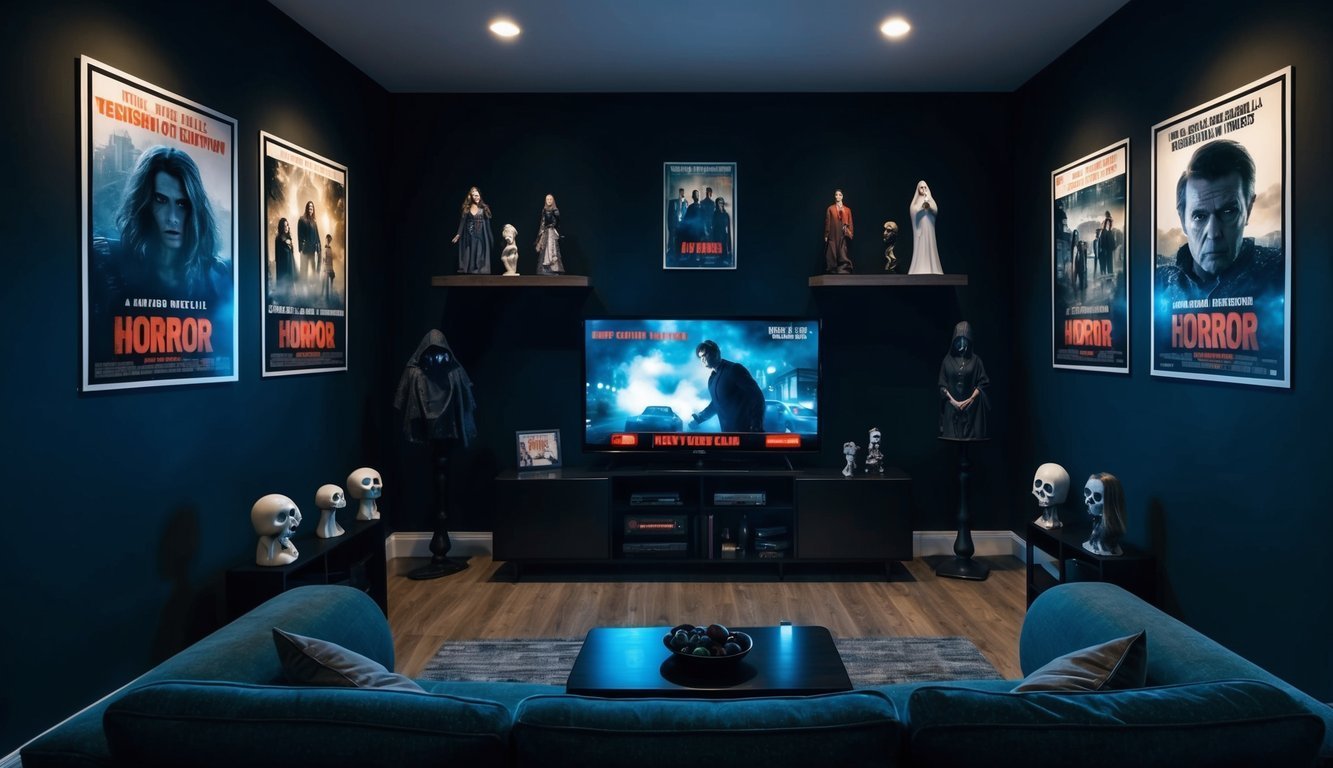
During the challenges of the pandemic, many people sought comfort in various forms of entertainment. A group of individuals turned to horror films, finding strength and resilience amid the uncertainty. Fans of horror movies showed greater psychological resilience during the pandemic, allowing them to cope better with stress and anxiety.
Research suggests that these fans could navigate emotional challenges more effectively. They often exhibit a unique mindset, helping them to experience positive emotions even in difficult times. This ability to maintain emotional stability may stem from their familiarity with fear and high-stakes scenarios presented in horror narratives.
Exploring this fascinating connection between horror and mental fortitude reveals valuable insights into how some cope with life’s difficulties. Understanding this might just change how one views their own preferences and coping strategies during tough times.
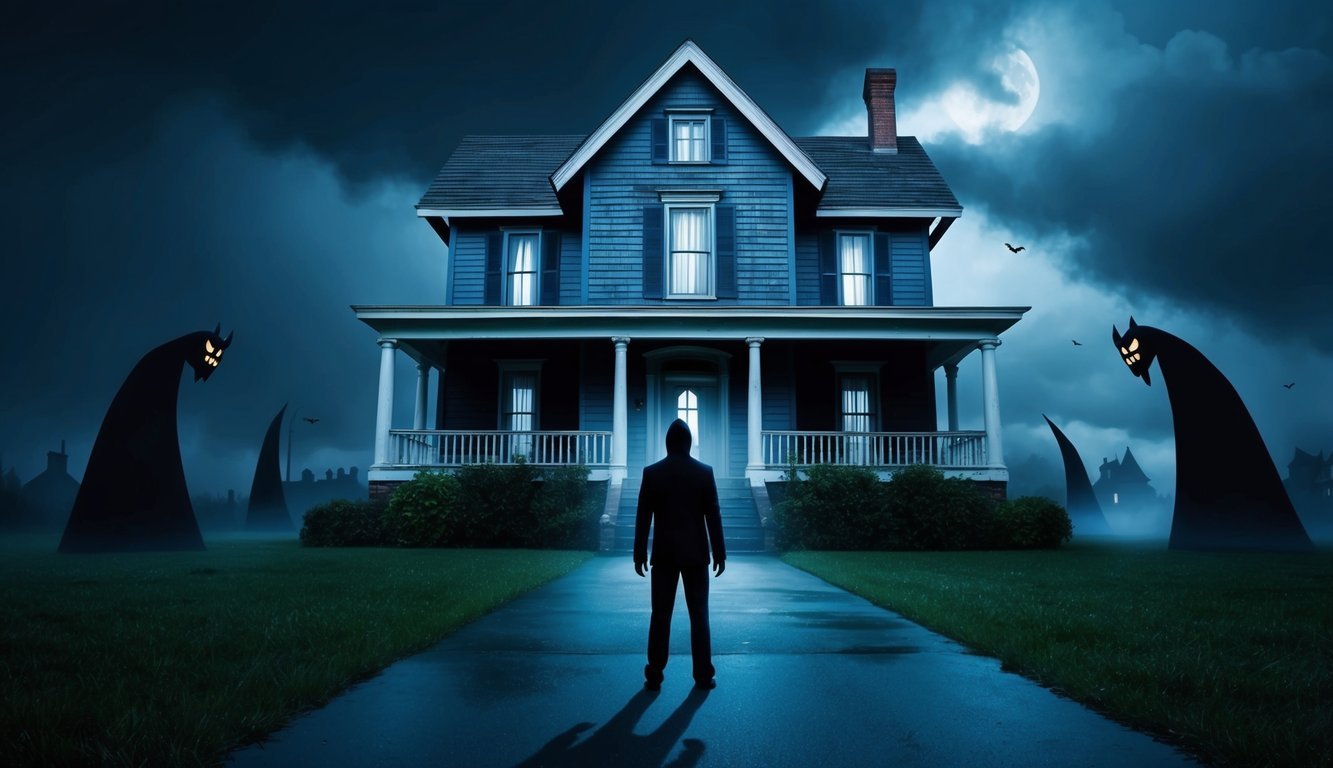
Horror films can play a significant role in helping people build psychological resilience. They offer coping strategies that prepare audiences emotionally for real-life challenges. This section explores how horror fosters resilience through mental rehearsal and specific psychological responses.
Resilience means the ability to bounce back from tough situations. In the context of the pandemic, individuals needed effective ways to handle stress. Research shows that fans of horror movies showed greater resilience during this time.
These fans often felt more prepared to face anxieties. Watching horror allowed them to experience fear in a safe environment. This process can strengthen their emotional responses when facing real-world problems.
Horror films provide a unique platform for mental rehearsal. When viewers engage with frightening scenarios, they practice coping strategies. They learn how to manage fear and stress, translating these lessons into real life.
By confronting scary situations on screen, fans build confidence. This helps reduce anxiety in real-life crises. Studies suggest that horror fans felt less psychological distress during the pandemic. They became stronger at handling unforeseen challenges.
Viewing horror triggers various psychological responses, which contribute to resilience. First, horror films activate the body’s fight or flight response. This helps viewers learn to control their reactions in stressful situations.
Second, these films often create a shared experience. Fans discuss their reactions with others, leading to a sense of community. This support can further enhance resilience. Lastly, the thrill of horror can transform fear into excitement, fostering a more positive outlook on life.

The COVID-19 pandemic had significant effects on mental health for many people worldwide. Understanding these effects is crucial for recognizing how individuals coped during this challenging time. Anxiety, isolation, and trauma became common experiences, prompting the need for effective coping strategies.
The COVID-19 pandemic increased rates of anxiety and depression. Many experienced fear about the virus itself, health concerns, and disruptions to daily life. Studies showed that some groups, like fans of horror films, displayed greater psychological resilience during this time.
Key factors affecting mental health included:
Isolation was a prominent issue during lockdowns. Many people felt lonely due to social distancing measures. This loneliness often led to heightened anxiety levels.
Common feelings associated with isolation included:
To manage these challenges, many sought ways to cope with stress and anxiety. Strategies varied widely among individuals. Some people turned to creative outlets, while others relied on group activities like virtual game nights.
Effective coping strategies included:
These strategies fostered resilience, enabling individuals to navigate the psychological challenges of the pandemic more effectively.
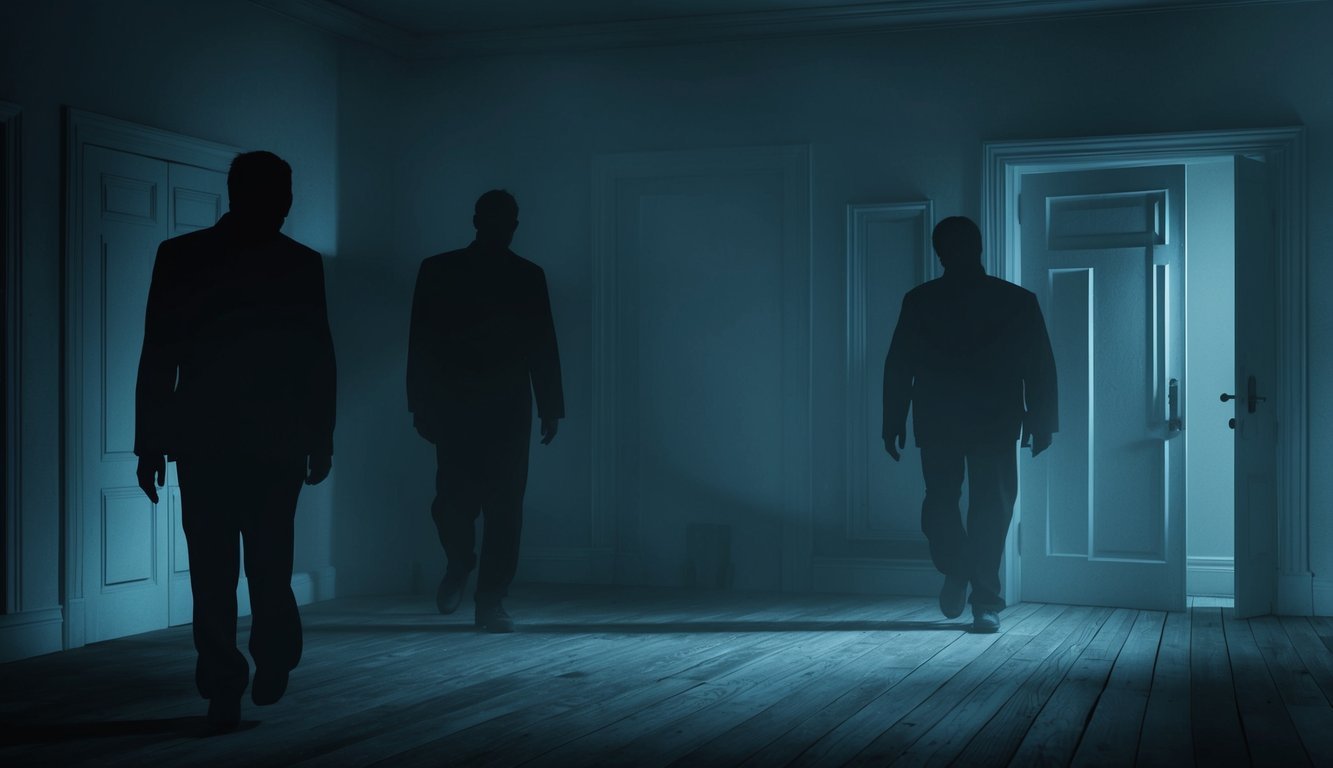
Horror films often explore extreme situations and fears, showing how characters cope with crises. Researchers found that fans of these genres developed stronger psychological resilience during the pandemic. Different horror subgenres provide unique insights into coping mechanisms.
Zombie films are a staple of horror that depict a world overrun by the undead. These movies often focus on survival, teamwork, and resilience in chaotic situations. Fans tend to identify with the characters as they face overwhelming odds, which can help viewers develop a sense of individual strength.
In a post-apocalyptic scenario, characters must learn to adapt quickly. This mirrors real-life situations where adaptability is essential for coping with stress. By watching these stories unfold, fans learn about the importance of resourcefulness and community support, crucial elements in facing challenges like the pandemic.
Supernatural horror introduces elements beyond reality, like ghosts and spirits. These narratives challenge characters to confront their fears in unknown realms. Fans of these stories often find comfort in the familiar patterns of narrative, even when dealing with the supernatural.
The emotional journey through fear and suspense allows viewers to process their fears in a safe space. This exploration can foster a sense of control and help individuals confront their feelings about mortality and the unknown, making viewers more psychologically resilient in uncertain times.
Science fiction often depicts pandemics with alien invasions or futuristic diseases. These films highlight human responses to catastrophe and the social dynamics that arise during crises. Fans of this genre may find it relatable to their experiences during the COVID-19 pandemic.
When viewers see characters struggling through chaos, they recognize the shared experience of fear and uncertainty. This recognition can enhance emotional endurance. Moreover, science fiction often offers hope through stories of survival and rebuilding, promoting an understanding of resilience in the face of adversity.
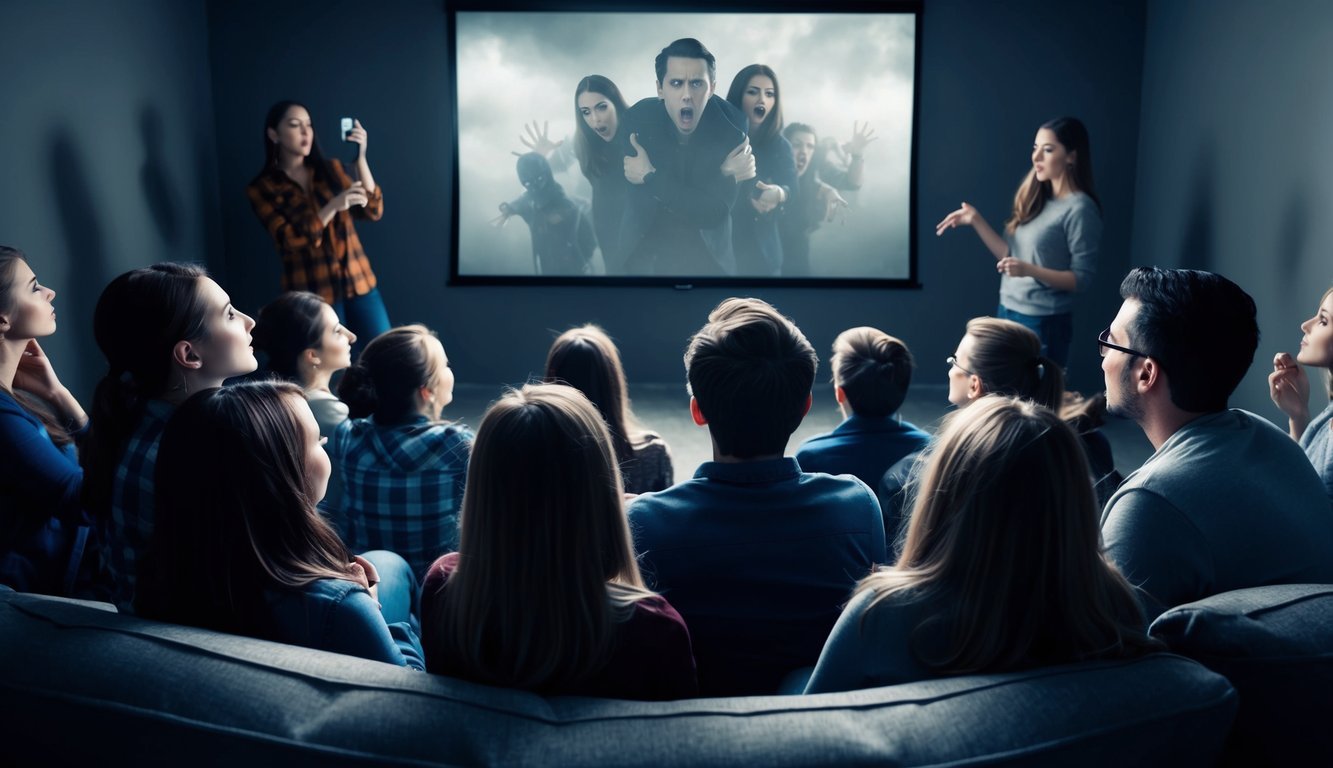
Horror media taps into deep psychological themes and societal norms. It plays a unique role in how people approach fear and support systems, especially during challenging times.
Morbid curiosity drives many to explore horror media. This attraction to the frightening can be linked to a natural human desire to understand fear.
People often watch horror films to confront their fears in a safe environment. They feel thrill and excitement while knowing they are in control.
This engagement can foster resilience. Fans may find comfort in shared experiences of fear. The community formed around horror allows them to connect with others who appreciate similar thrills.
Thus, horror becomes more than just entertainment; it serves as a tool to navigate complex emotions.
Horror media also shapes social support systems during tough times. Fans often discuss movies, share experiences, and form bonds through horror.
These connections can strengthen friendships and create a sense of belonging. For many, horror films offer common ground to connect with others outside of everyday life.
During the pandemic, fans found support in horror communities. They shared coping mechanisms and strategies that helped them face fears.
This exchange of ideas fosters solidarity and resilience among individuals. It highlights how horror media can serve as a source of comfort and connection when times are tough.
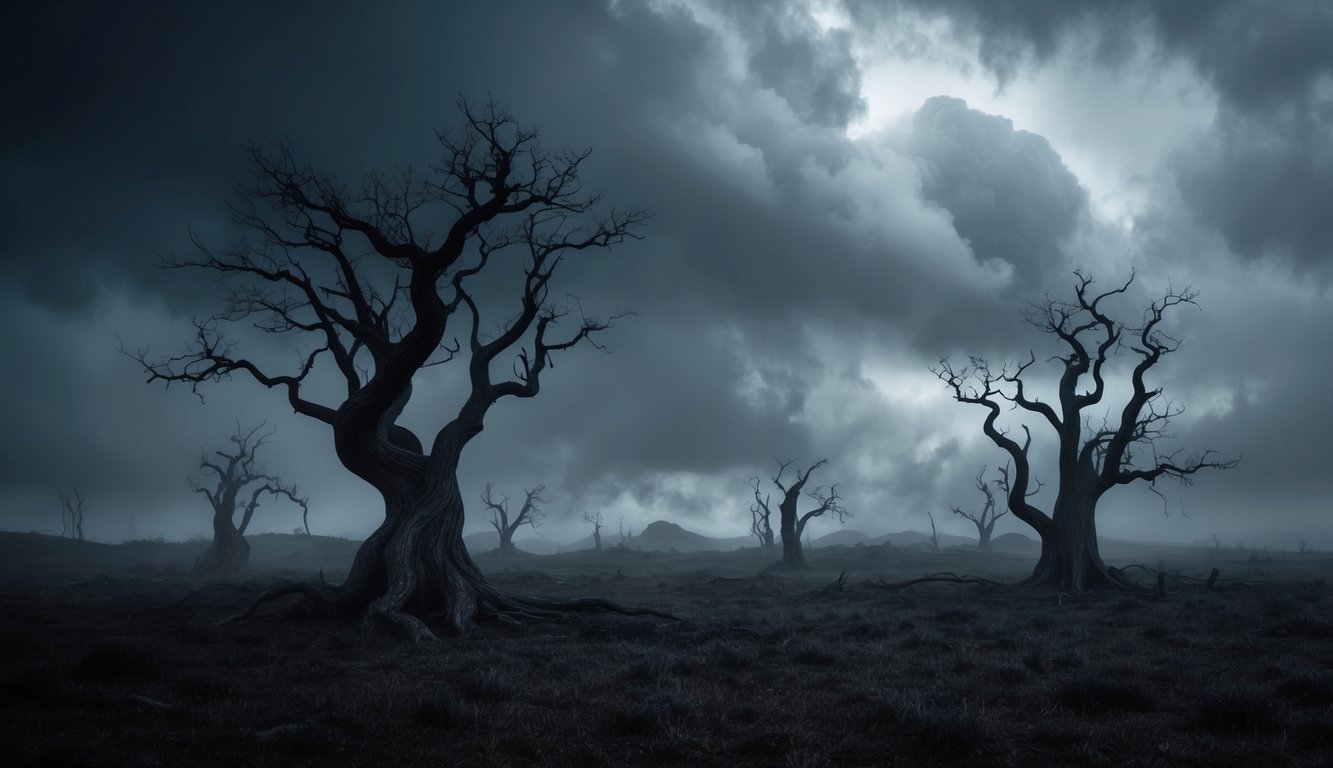
The future of horror is bright as it continues to adapt and resonate with audiences. Horror films and literature can help people build positive resilience. They also provide a unique space for writers to explore hope and fear.
Horror gives viewers a chance to confront their fears in a safe environment. Engaging with scary movies can strengthen emotional resilience. Fans often feel relief and a sense of community when discussing their reactions to horror films.
Studies suggest that audiences who embrace horror show greater psychological strength. They learn to handle stress better, which can lead to improved mental health. This connection to resilience may inspire future filmmakers to create more uplifting horror stories that also provide hope.
Horror literature has long explored complex themes, including fear, death, and survival. Writers in this genre can deepen their storytelling by focusing on emotional resilience. Characters facing terrifying situations often experience growth, giving readers hope despite the grim settings.
As screenwriters create new horror films, they may lean into this exploration. Unique narratives might highlight the triumph of the human spirit against fear. This can lead to more relatable characters and stronger connections with audiences. Engaging with horror can be an empowering experience, blending scary elements with hopeful messages.
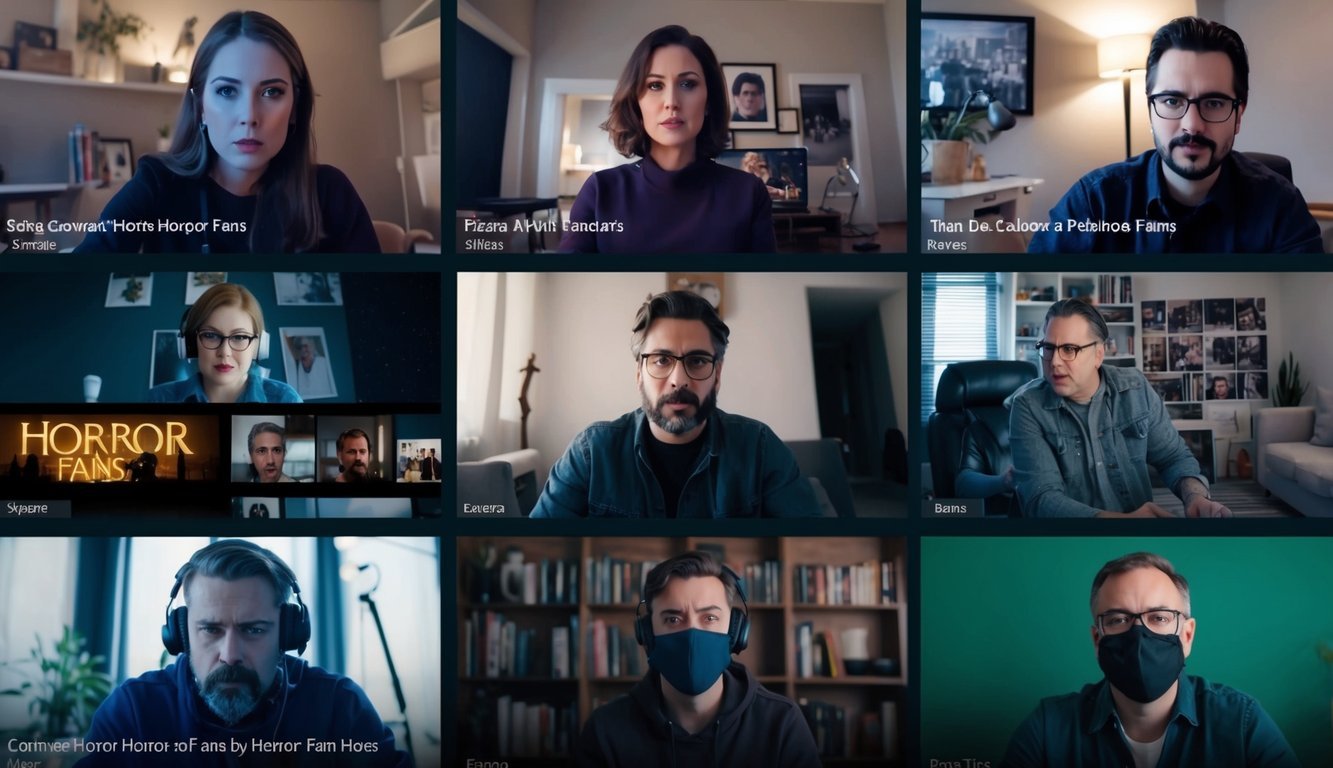
Understanding the psychological impacts of horror films can help clarify why fans of the genre showed increased resilience during the pandemic. Here are some common questions regarding this fascinating topic.
Fans of horror often report feeling a sense of control over fear. Watching scary movies allows them to face fear in a safe environment. This can lead to increased confidence in handling real-life stressful situations.
Horror films can be a way to practice coping strategies. Engaging with extreme scenarios helps fans build mental toughness. This practice can prepare them for uncertainty and fear in real life.
Studies suggest that horror fans often manage stress through humor and heightened sensation-seeking. They might use horror as a way to bond with others, finding shared thrills and laughs. This social connection can enhance their ability to cope.
From an evolutionary standpoint, experiencing fear through fiction may prepare individuals for real dangers. It allows a safe outlet for emotions linked to survival. This might explain why some people are drawn to fear-inducing content.
Recent research indicates that horror fans tend to have higher resilience and lower levels of anxiety. Their ability to handle intense emotions is often better developed. This strong emotional toolkit may serve them well in challenging times.
Engagement with horror can vary widely among fans. Some find it thrilling and a way to release stress, while others feel anxious. Individual reactions depend on personal feelings toward fear and stress management strategies.